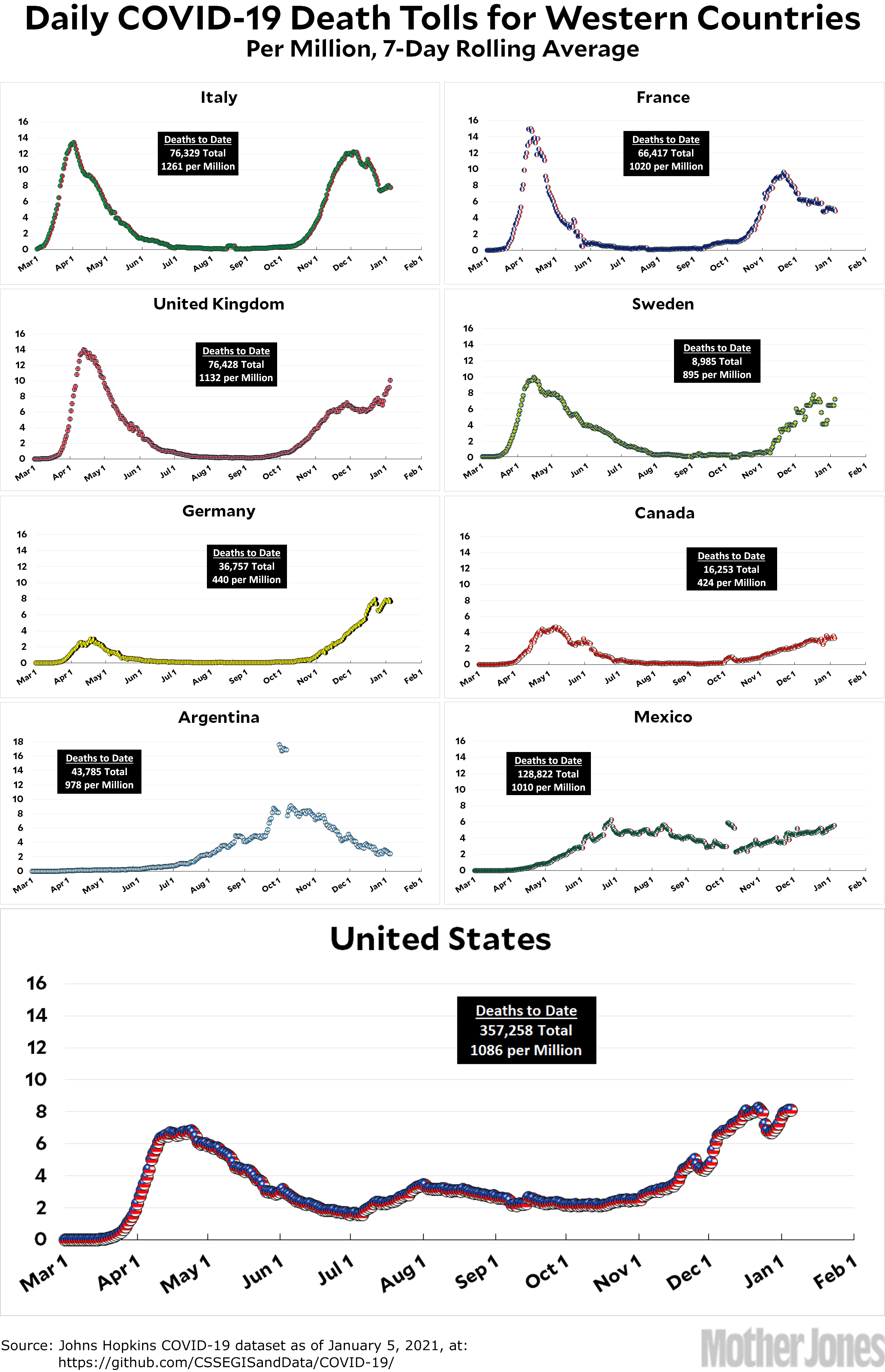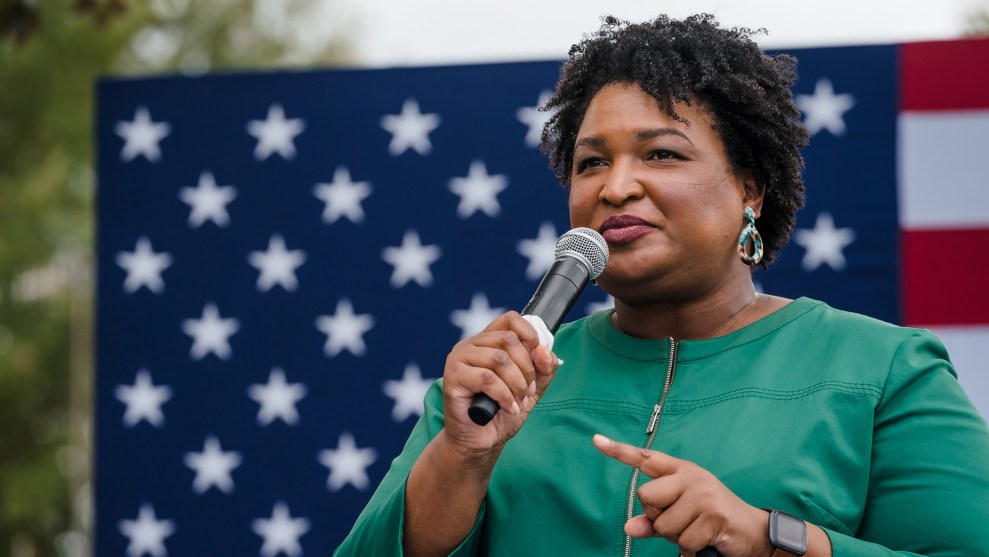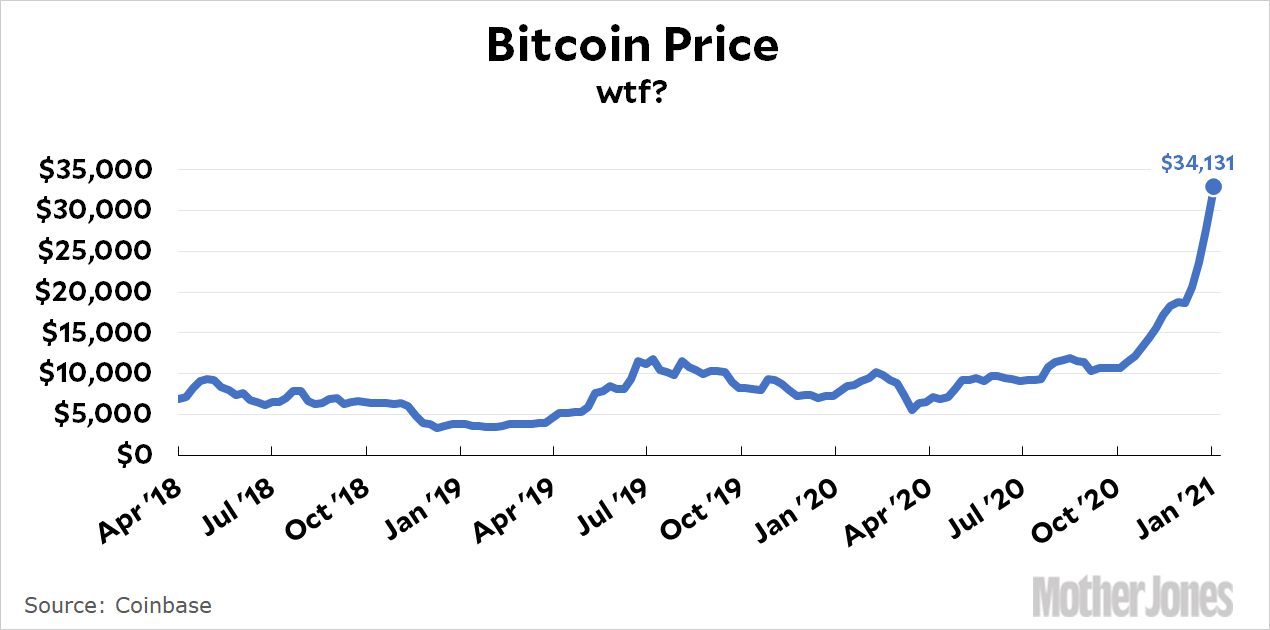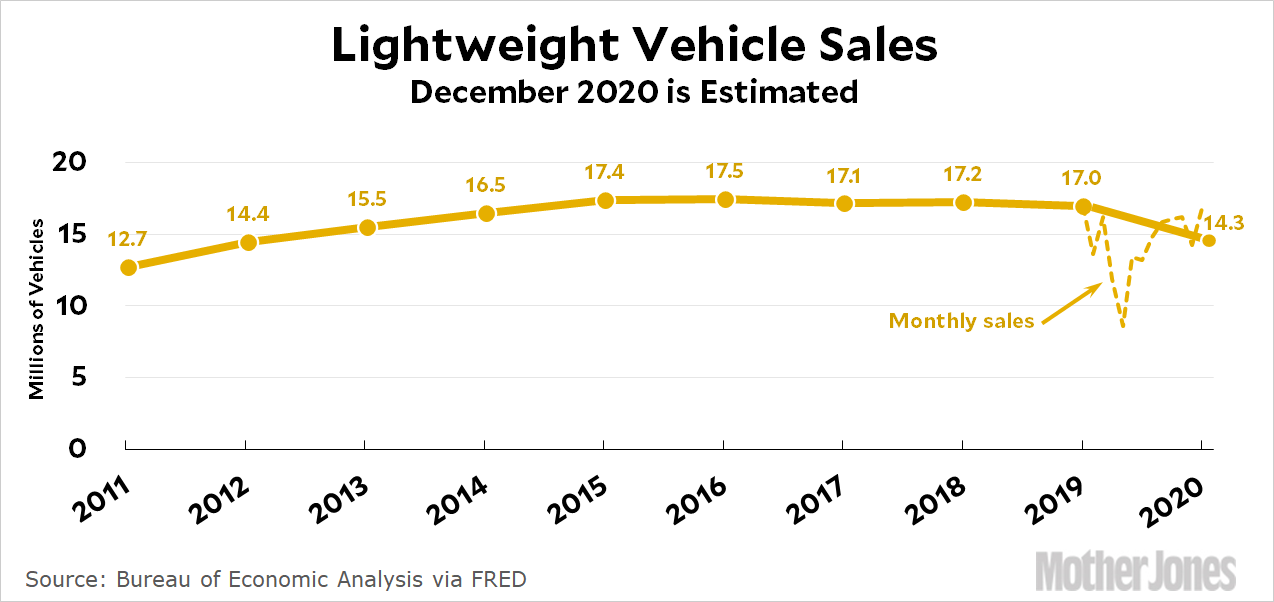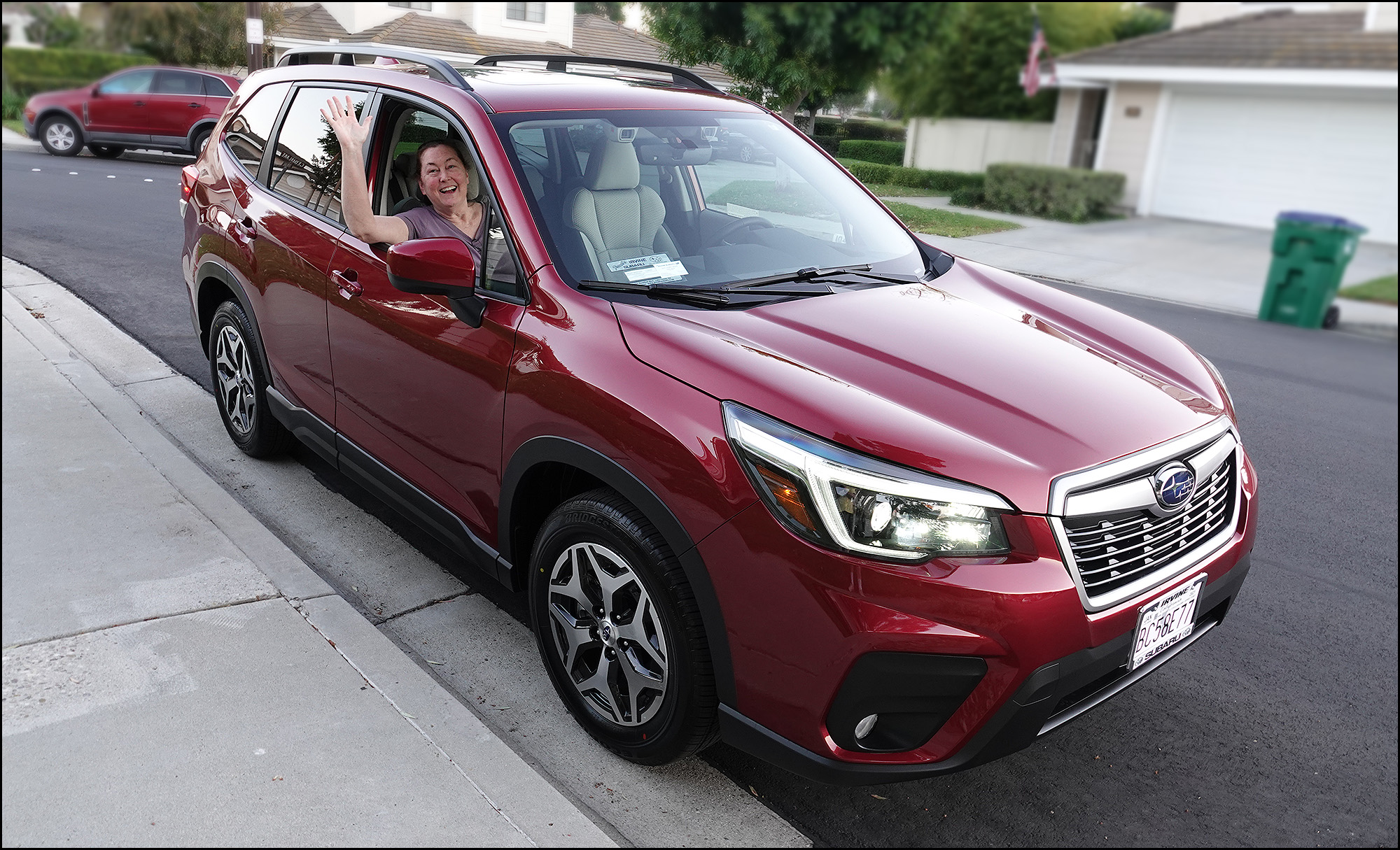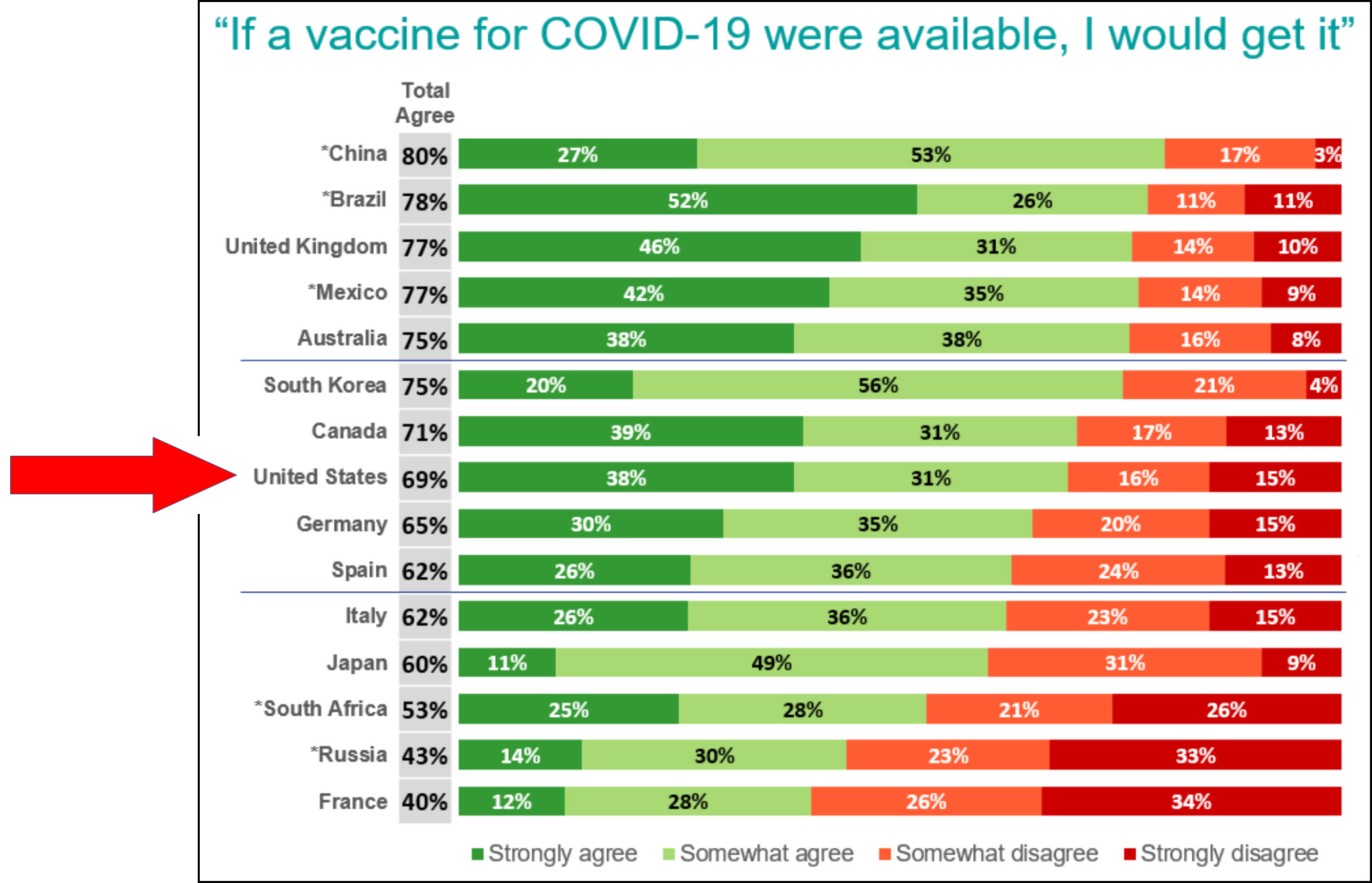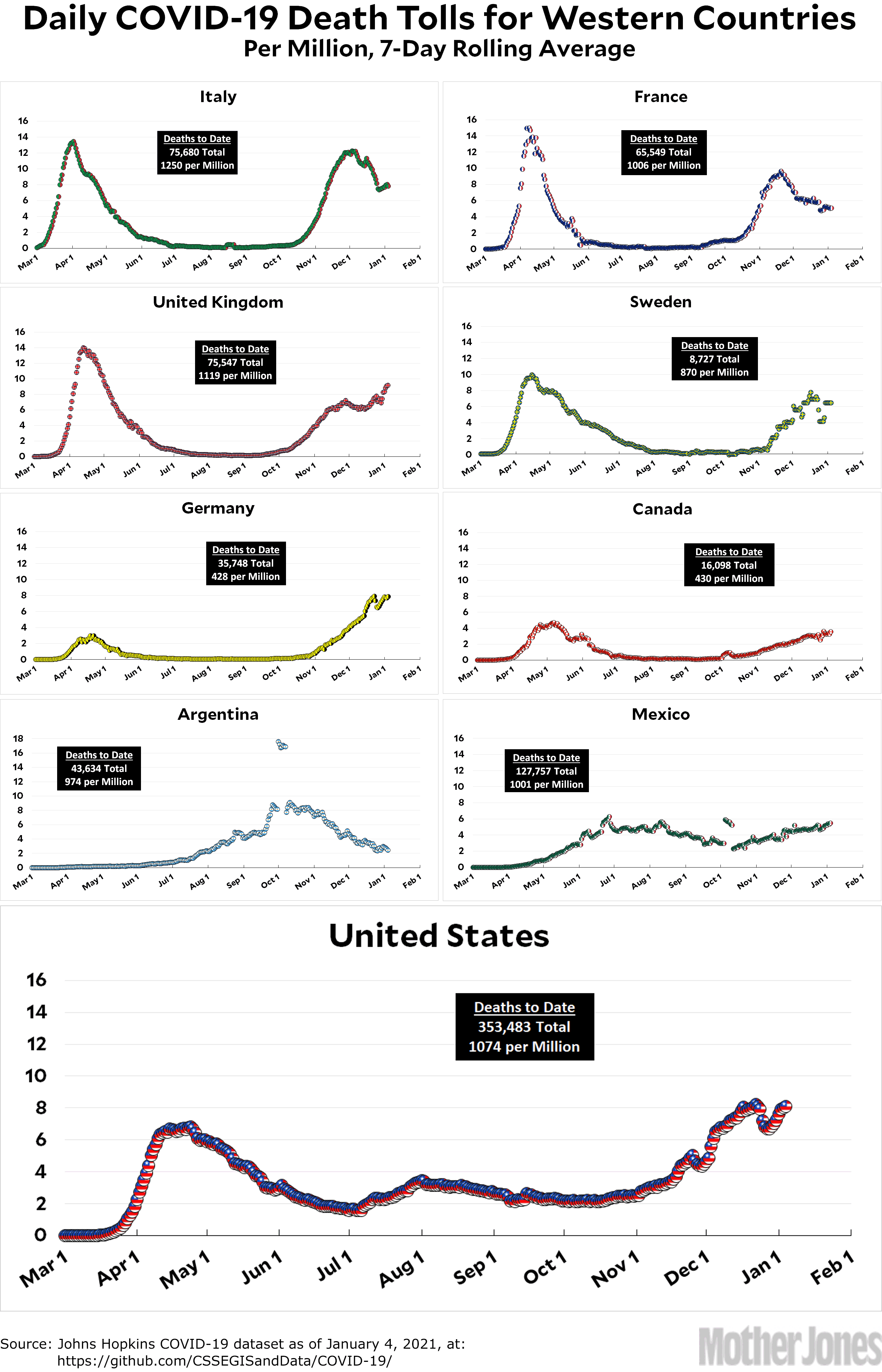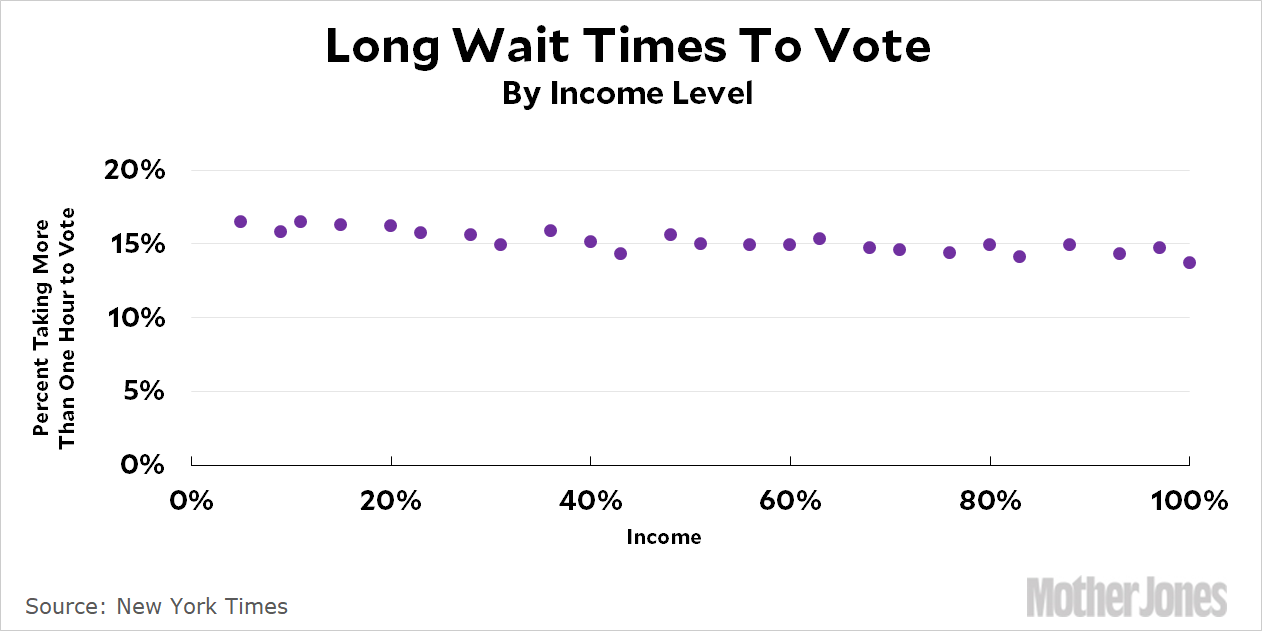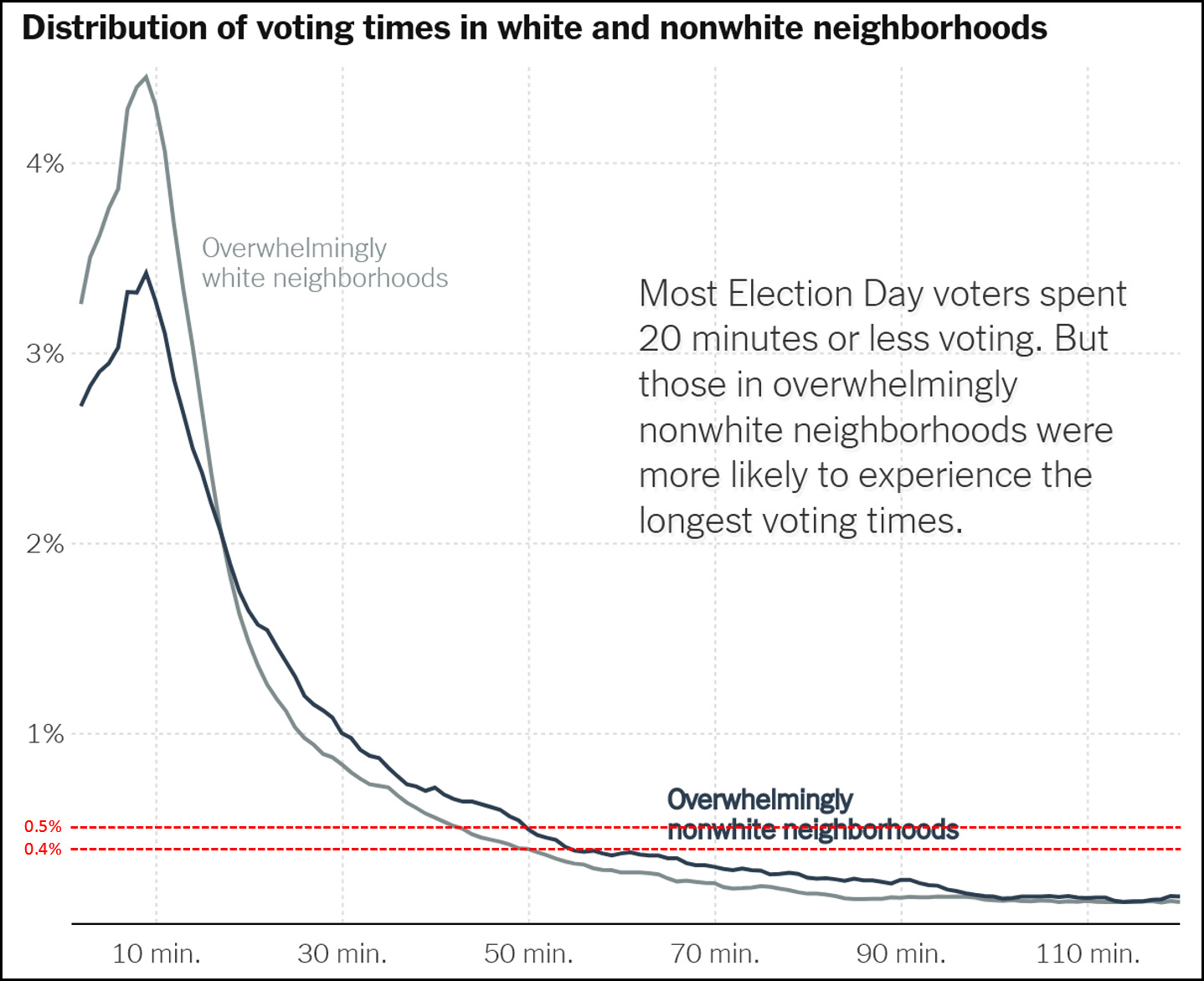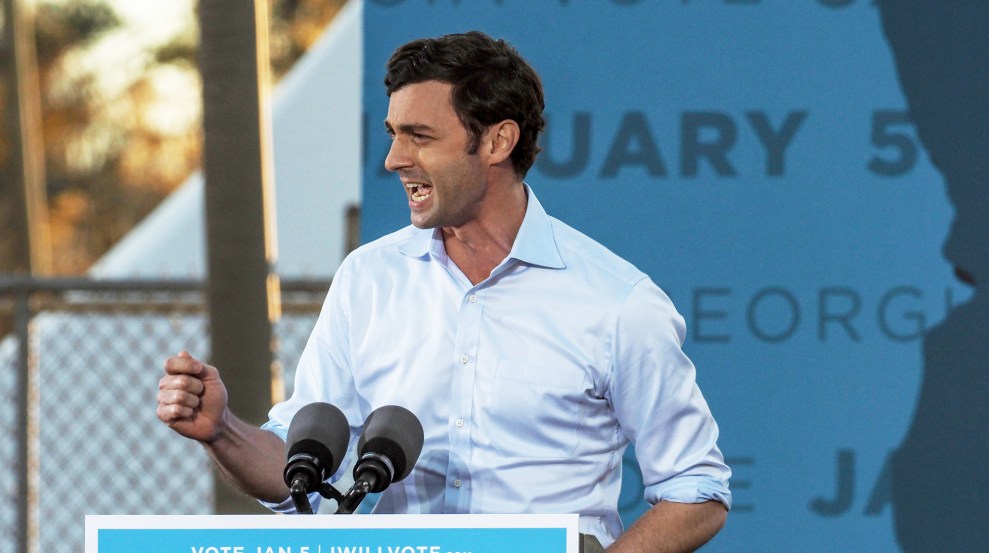
Come on, Jon, you can do it!Sue Dorfman/ZUMA
If Jon Ossoff holds on in Georgia and Democrats eke out control of the Senate, it will make life a lot easier for Joe Biden. It means Chuck Schumer will control the flow of legislation onto the Senate floor, not Mitch McConnell. It means confirmation of judges and executive branch officers will be a lot easier. It will mean that Democrats can use the Congressional Review Act to overturn Donald Trump’s last minute agency rules, just as Trump did to Barack Obama’s last-minute rules in 2017.
But legislation is another matter. Republicans will still have the filibuster available to block anything that can’t get 60 votes in the Senate—which is just about everything. And several Democrats have already said they oppose efforts to eliminate the filibuster, so it’s going to stay around. This means that unless Democrats can persuade a few Republicans to join them, all legislation will require literally unanimous support from the entire Democratic caucus in the Senate in order to pass. In practice, this means the deciding votes won’t be cast by Jon Ossoff or Raphael Warnock, but by the two or three most conservative Dems, folks like Joe Manchin, Jon Tester, and Kyrsten Sinema.
In other words, don’t count on those $2,000 checks quite yet. It’s possible that a few Republicans will support them. It’s possible that every single Democrat will support them. But it’s hardly a sure thing. In the 117th Congress, just about everything is going to be a heavy lift. That’s a whole lot better than it could have been, but it would still be wise to temper your expectations.

